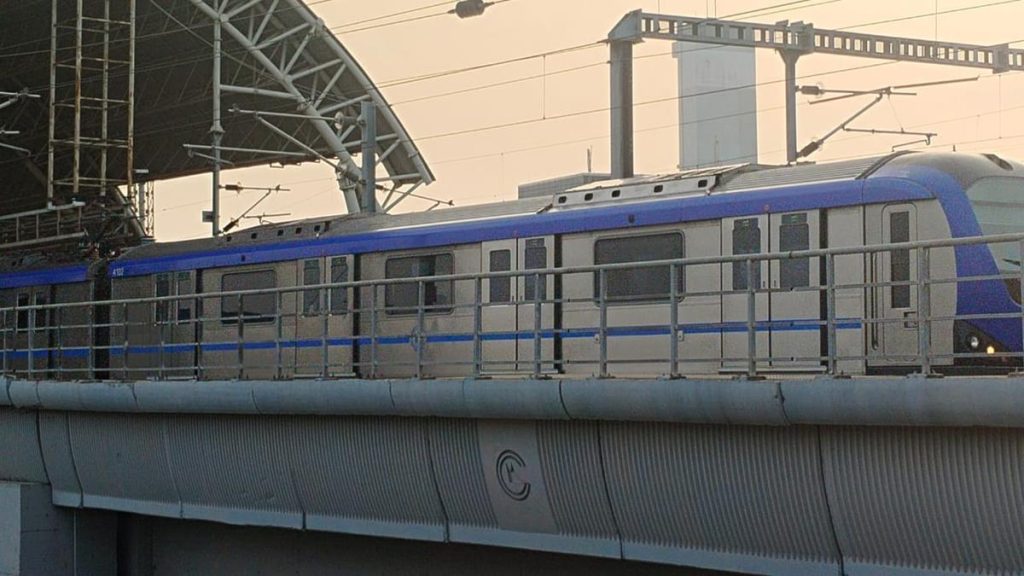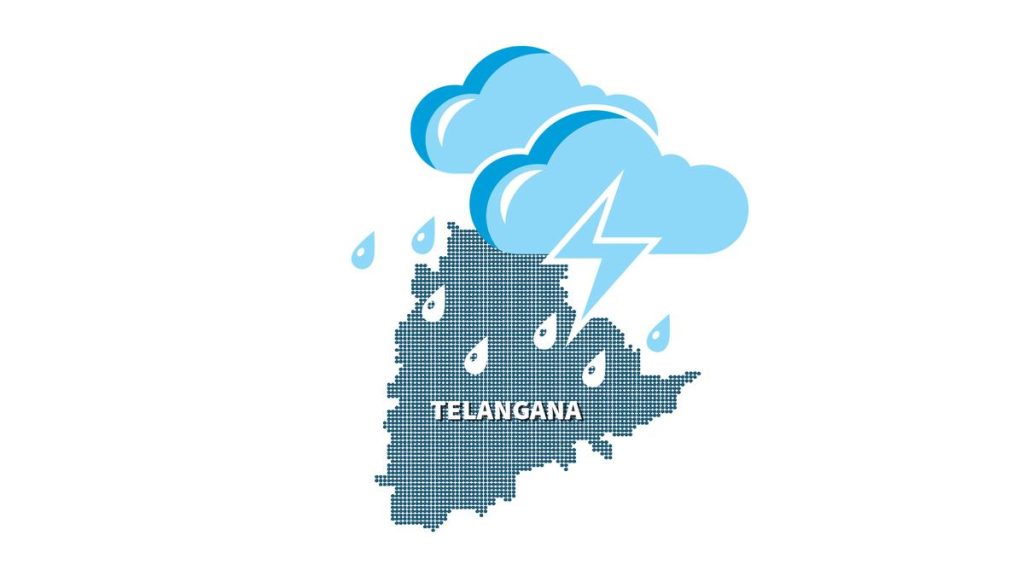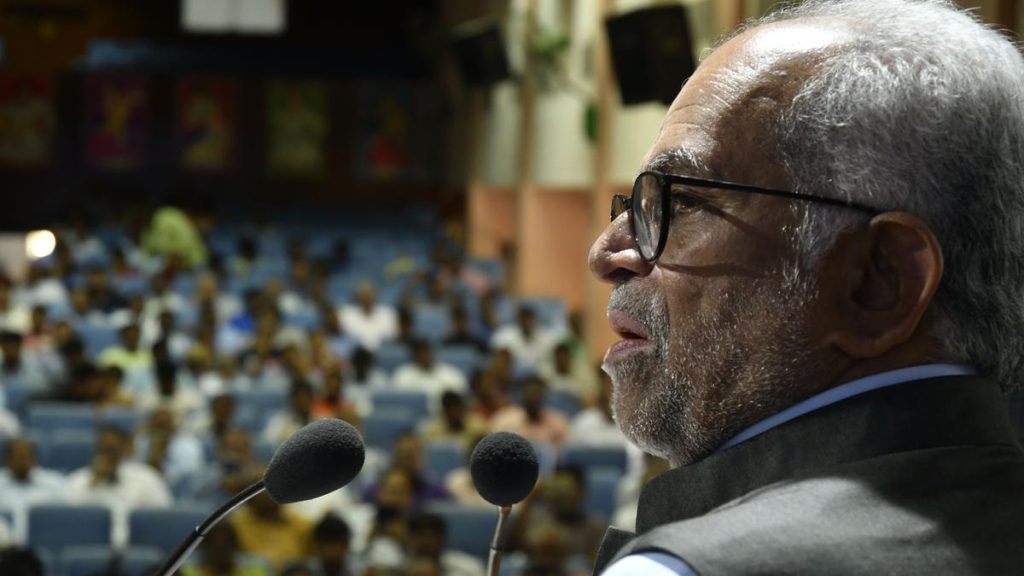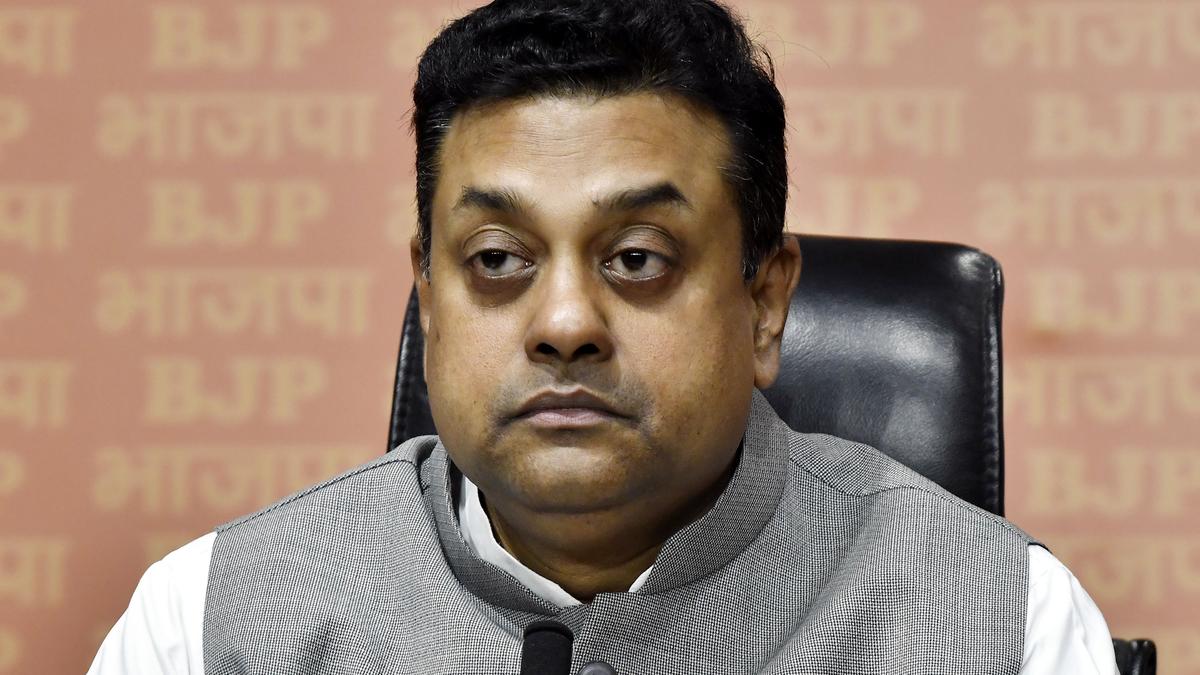Now Reading: Supreme Court Postpones Hearing on Punjab’s Petition Over Bill Payment Delays
-
01
Supreme Court Postpones Hearing on Punjab’s Petition Over Bill Payment Delays
Supreme Court Postpones Hearing on Punjab’s Petition Over Bill Payment Delays
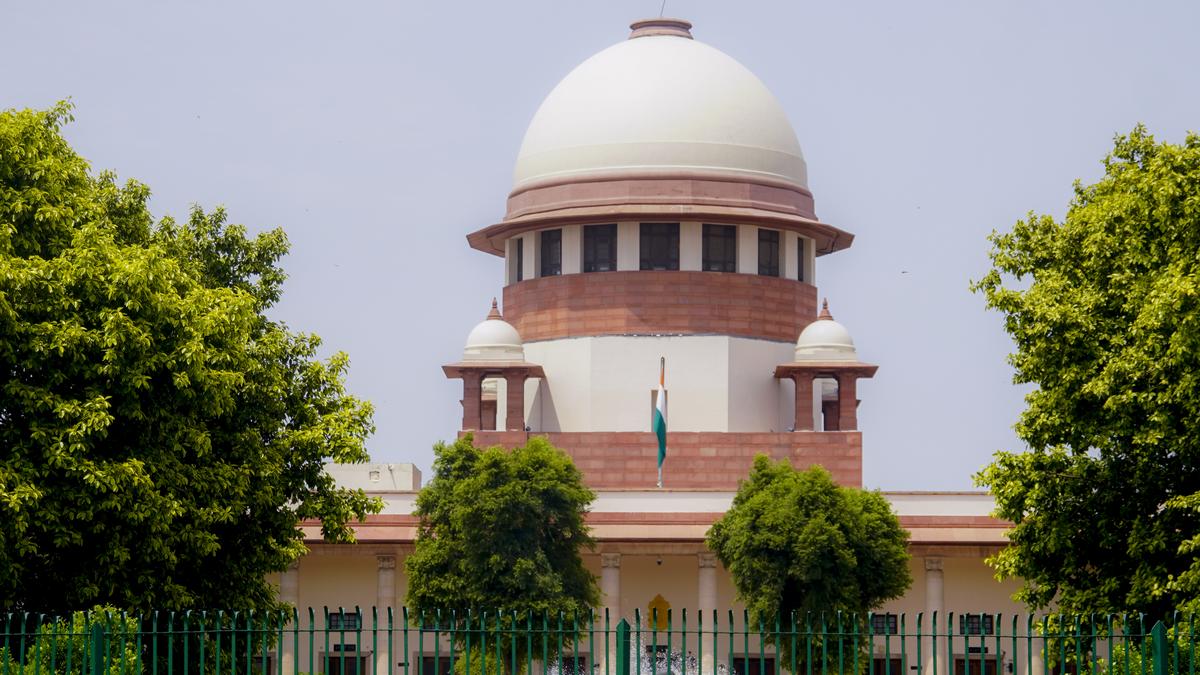
quick Summary:
- Supreme Court Defers hearing: On August 18,2025,the Supreme Court deferred a petition filed by the Punjab government regarding delays by the President in acting on two state Bills referred too her by the Governor.
- State Demand: Punjab government claimed that its case aligns wiht the Tamil Nadu Governor case (April 8 ruling), urging deemed assent or declaration of Governor’s inaction as illegal.
- Pending Constitution Bench Decision: The petition awaits the outcome of a Constitution Bench hearing on whether judicial timelines can be set for Governors/Presidents to decide on State Bills.
- Union Government Request Denied: Solicitor General Tushar Mehta argued that identical constitutional questions exist between Punjab’s plea and Presidential Reference; though,this request was opposed and not accepted.
- Two Pending Bills: The two Bills are: Punjab Police (Amendment) Bill, 2023 from July 2024 and Sikh Gurdwaras (Amendment) Bill since January 2024. No reasons or decisions have been communicated despite repeated representations by Punjab’s Chief Minister.
- Tamil Nadu Case Reference: in April judgment, SC invoked Article 142 to deem delayed State Bills as having presidential assent after determining extended gubernatorial delays were unconstitutional.
Indian Opinion Analysis:
The petition highlights critical constitutional questions about executive accountability when granting assent to State Legislature bills. This issue resonates with ongoing debates about federalism and administrative efficiency in India.While reliance on precedent, as argued by Punjab citing Tamil Nadu’s case ruling, underscores consistency in interpreting such matters-this situation now hinges on clarity from a Constitution Bench.
The Court’s measured approach reflects sensitivity towards balancing judicial oversight over timeframes against preserving discretionary powers vested with Governors/president under Articles of India’s federal structure-raising broader implications for governance nationwide. Delays without communication have operational ramifications for states like Punjab and could signal gaps in procedural frameworks requiring refinement.


